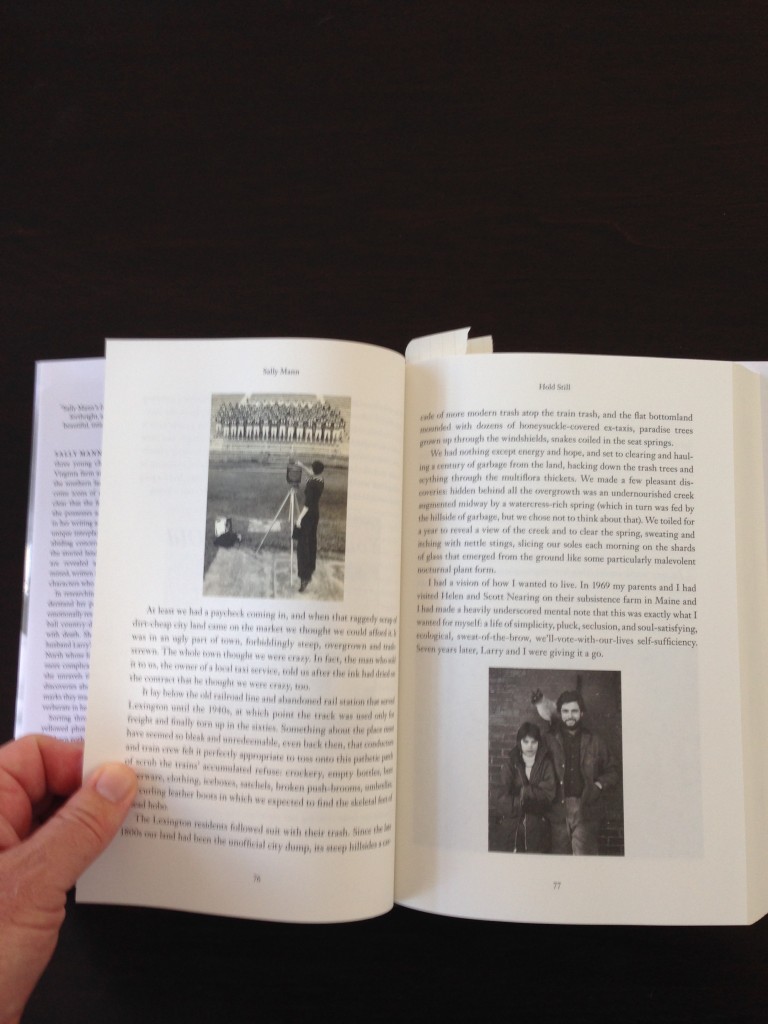

On a lighter note, photography today is different because so many have access to it on cellphones. Those kinds of gestures make a huge difference in raising awareness. As for HB 2, I thought it was interesting that Springsteen canceled a concert in North Carolina. Haven’t they always? I actually think they have an obligation. Speaking of the South, do artists have a role to play in political change? Fundamentally, it’s a mark that you’re making, but certainly it would have been very difficult to do with words what I could do with the photographs. It’s either light on paper or it’s words on paper. You’ve both written about and photographed the South. I’m just fascinated with what it means to be an artist who embraces the South as an artistic theme. Gradually I got more interested in the idea of using photography to say something. I just took them because something was beautiful, with a whimsical pleasure in the aesthetics of silver on paper. I used to take pictures just to see what they would look like as photographs. Yes, I think increasingly my work has become more narrative. Pictures aren’t born out of one momentary puff of inspiration they’re endlessly, gruelingly slow. I’ve already started talking to a publisher about it, because people need to see them. I want to do a book that has the behind-the-scenes, showing not only how I led up to that picture but the building of the concept as I added different elements. The best of INDY Week’s fiercely independent journalism about the Triangle delivered straight to your inbox.Īctually I’m going to do a whole book of my duds. What drove you to open all those old boxes? INDY: Hold Still is an artist’s memoir, but it’s not just about your photography. In her memoir, Hold Still, which she brings to the Triangle this week, Mann uses her family history to excavate her personality, work ethic, and obsession with photography’s ability to stop time and reveal the timeless. Nearly twenty-five years later, she continues to confront themes as knotty as they are universal: the bodies of children and of the dead, the South and its legacy of violence and racial discrimination. When the intimate photographs of her children in 1992’s Immediate Family brought her a notoriety she didn’t expect, Mann didn’t give in. Since the early 1980s, Mann has used her farm near Lexington, Virginia, as a home base for taking photographs and painstakingly developing negatives by hand. Internationally renowned photoggrapher Sally Mann stays close to home.

Meredith College’s Jones Auditorium, Raleigh


 0 kommentar(er)
0 kommentar(er)
